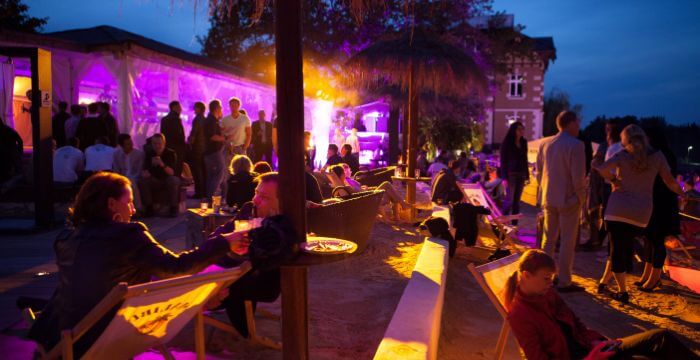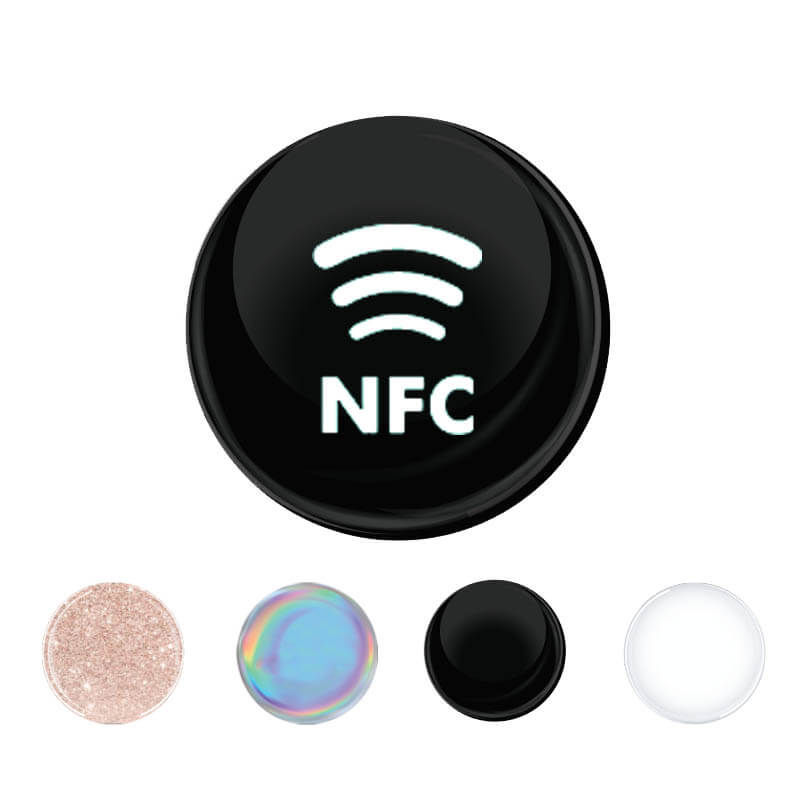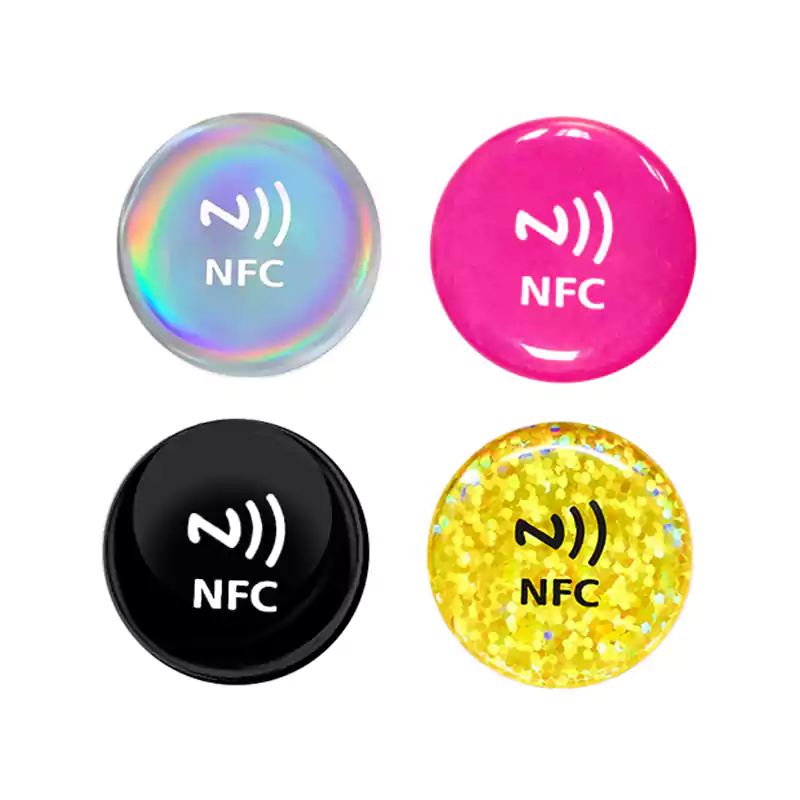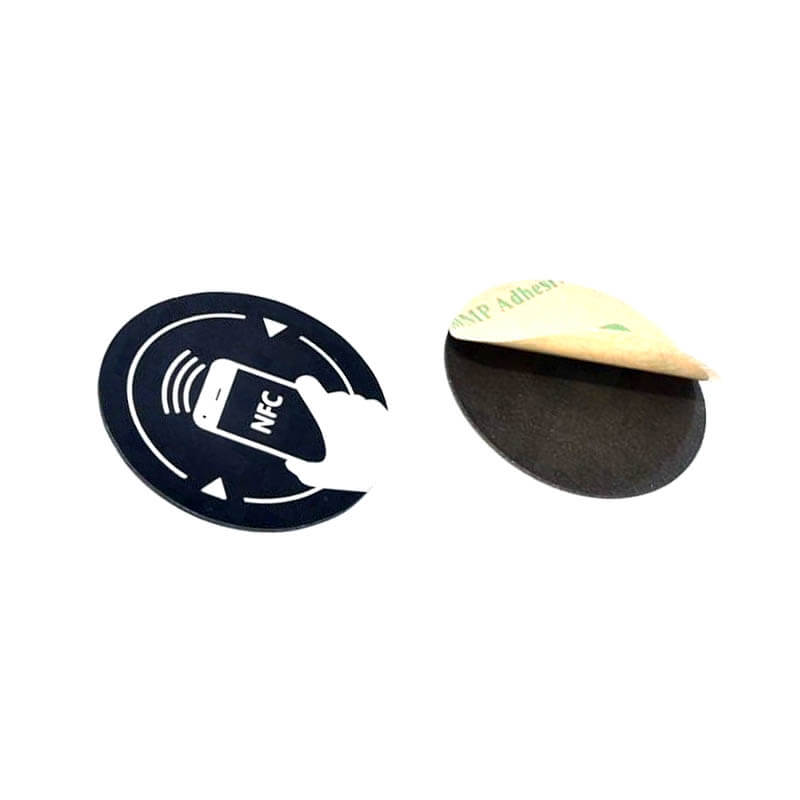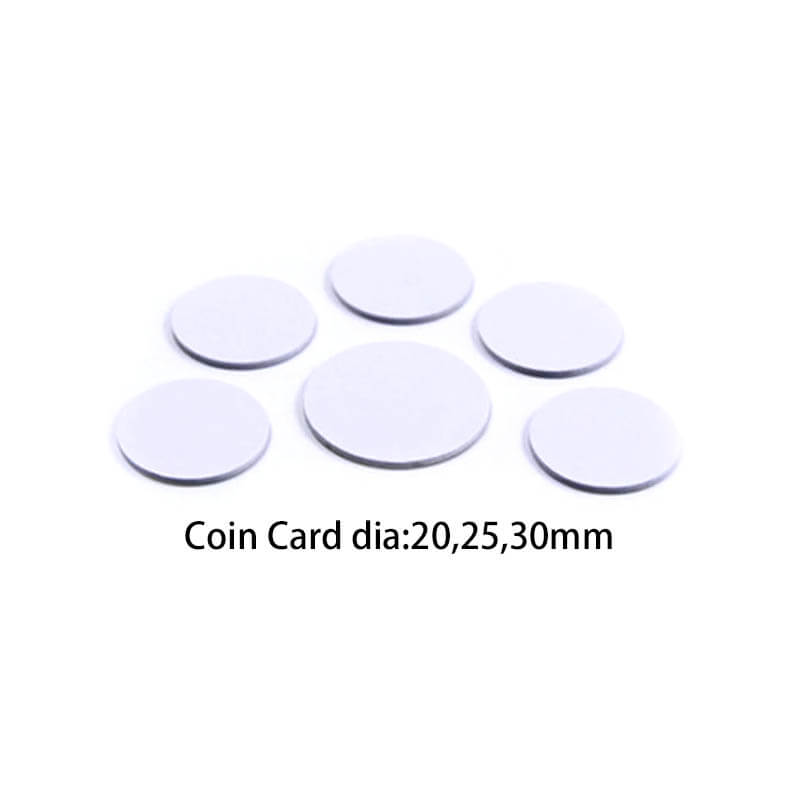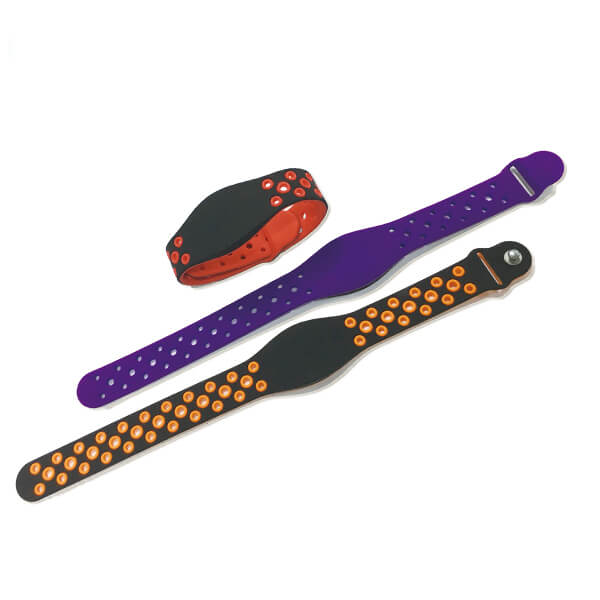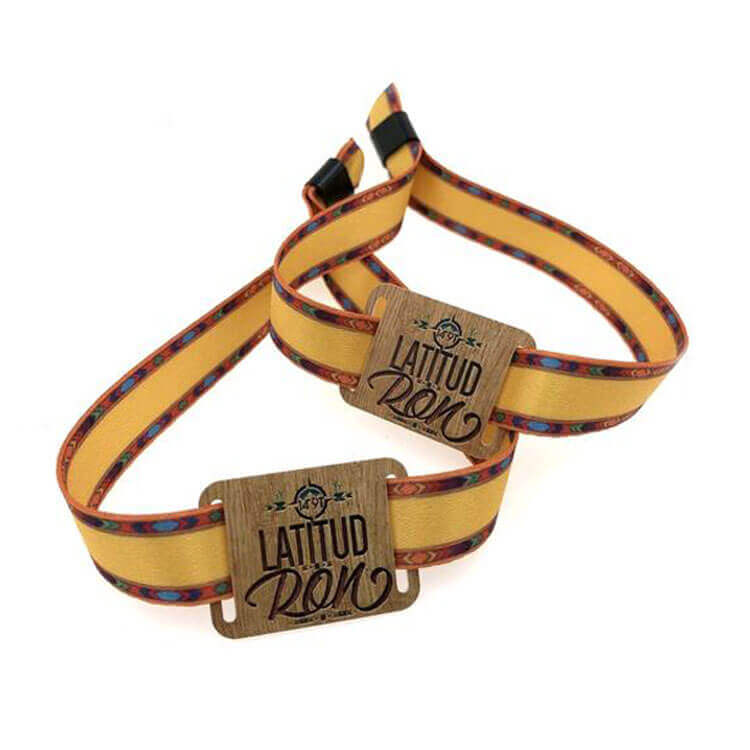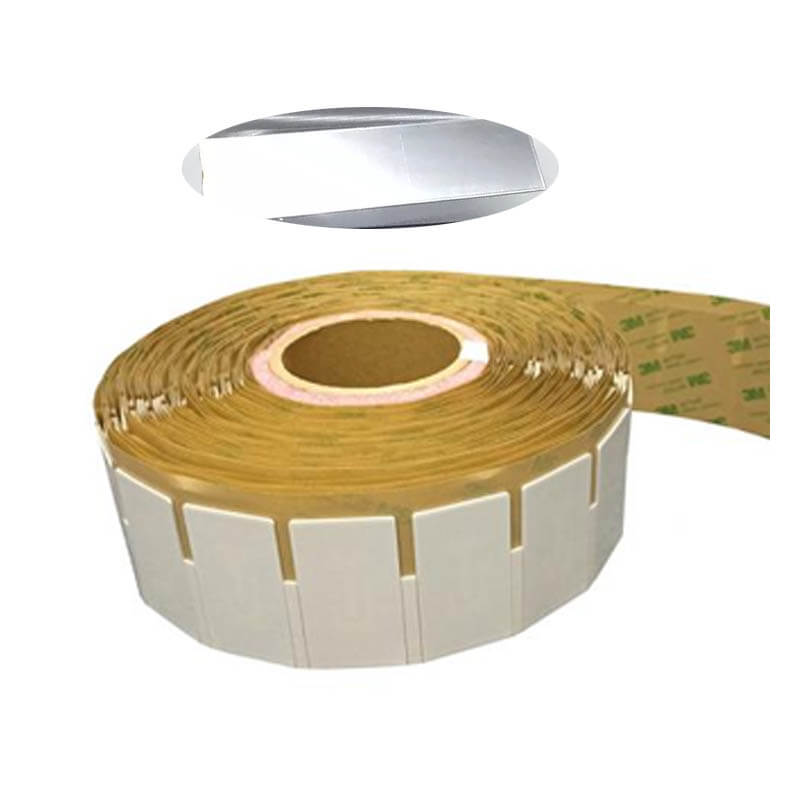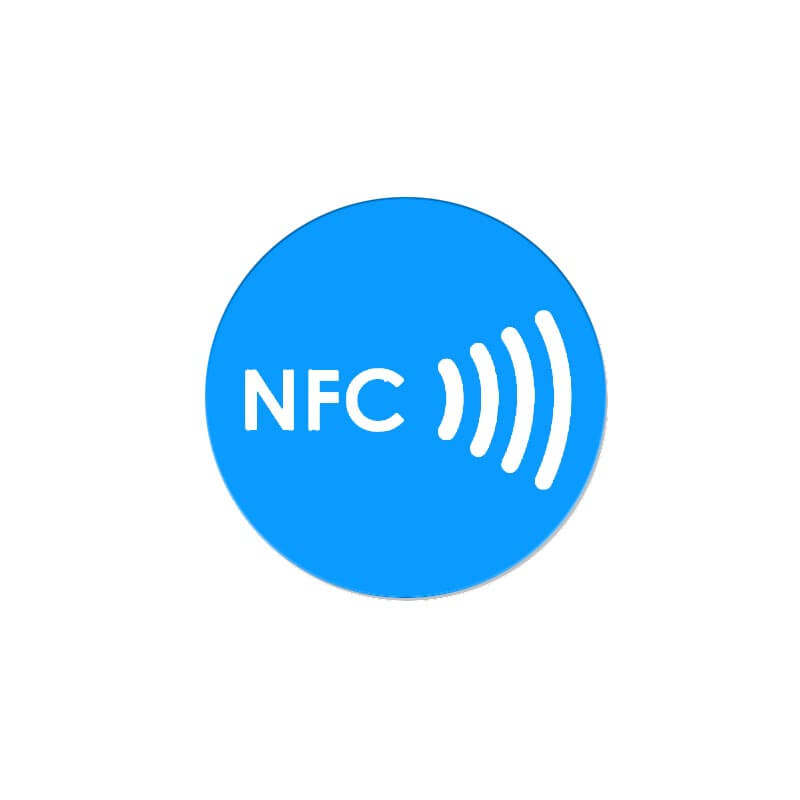If you’re planning a small event, you may be wondering if RFID wristbands are necessary. After all, they can be costly, and it’s not like you’re running a major festival or concert.
But the truth is, RFID wristbands offer several benefits that make them well worth the investment, even for smaller events. Here’s a look at why RFID wristbands are integral for small events:
RFID wristbands are wristbands that contain a tiny computer chip and antenna. This allows the wristband to store and transmit data wirelessly.
They use a wireless technology called radio-frequency identification (RFID) and are commonly used for event admission, identity verification, and making payments.
Why Use RFID Wristbands in Small Events?
Managing a small event can be a lot of work. There’s the venue to worry about, the catering, the entertainment, and ensuring that everyone who attends has a good time.
The last thing you want to deal with is having to track who is supposed to be where and when. That’s where RFID wristbands come in.
RFID wristbands can help you keep track of your attendees and ensure everyone is where they’re supposed to be. For example, if you have an event with multiple stages or areas, you can use RFID wristbands to track who goes where.
This is particularly useful if you want to ensure that only people with certain tickets access certain areas. You can also use RFID wristbands to track VIP guests and ensure they’re given the special treatment they deserve.
Overall, you will give your attendees a much better experience if you use RFID wristbands. It will also make your event much easier to manage.
How RFID Wristbands for Events Work
RFID wristbands work by storing data in the form of a unique code. This code is then read by an RFID reader whenever the wristband comes into proximity.
The data stored on the wristband can be anything from a simple identifier to more complex information like ticket type, seating location, or credit balance.
When used for event admission, RFID wristbands can be scanned at the entrance to verify that the person wearing the wristband is supposed to be there. This helps you track who is coming and going and makes it easy to spot unauthorized attendees.
If you’re using RFID wristbands for payments, attendees can link their wristbands to a credit or debit card. They can then make purchases by holding their wristband up to an RFID reader.
This contactless payment system is becoming increasingly popular as it helps to speed up transactions and reduce queues. It’s also more secure than cash, as the wristband can be quickly deactivated if it’s lost or stolen.
Benefits of Using RFID Wristbands for Small Events
There are many benefits of using RFID wristbands for small events, including:
- Increase Return on Investment
It’s no secret that planning and hosting a small event can be expensive. But using RFID wristbands can help you increase your ROI by making it easier to track attendees and monitor spending.
For example, if you’re selling tickets to your event, you can use RFID wristbands to keep track of who has purchased a ticket and who hasn’t. This information can be valuable when it comes to planning future events.
If you’re using RFID wristbands for payments, you can also track how much money each attendee is spending. This data can be used to improve your event’s budgeting and help you make more informed decisions about pricing and spending.
Overall, using RFID wristbands can help you to get a better return on your investment by making your event more efficient and effective.
- Improve Security
Security is always a concern when hosting a small event. You want to ensure that no unauthorized people sneak in and that everyone who is supposed to be there is accounted for.
RFID wristbands can help you improve security by making it easy to track attendees and verify their identity. This can help you prevent gatecrashers and other security risks.
In addition, if you’re using RFID wristbands for payments, you can deactivate the wristband if it’s lost or stolen. This helps to protect your attendees’ financial information and ensures that only authorized people can make purchases.
- Enhance the Attendee Experience
Your goal should be to ensure that your attendees have the best possible experience at your event. And using RFID wristbands can help you do just that.
You can use the technology to speed up transactions, reduce queues, and offer contactless payments. You can also use it to keep track of attendees, VIP guests, and special needs guests.
Overall, using RFID wristbands can help you enhance the attendee experience by making your event more efficient and convenient.
- Improve Event Management
The difficulties of managing a small event should not be underestimated. But using RFID wristbands can help to take some of the strain off your event management team.
Consequently, your efforts will be focused on making sure that your attendees are having a good time, rather than on managing logistics. This way, you can personalize the attendee experience and ensure that your event is a success.
- Improve Decision-Making and Future Planning
Finally, using RFID wristbands can help you to improve your decision-making and future planning. As we mentioned before, the data that you collect can be used to inform your budgeting, pricing, and spending decisions.
You can also use it to track attendees, analyze foot traffic, and understand customer behavior. This information can be valuable when planning future events.
Should You Use RFID Wristbands for Small Events?
There is no doubt that RFID wristbands offer numerous benefits for small events. But the decision of whether or not to use them ultimately comes down to your specific needs and goals.
Consider your budget, your event’s security requirements, and your attendees’ needs. If you think that RFID wristbands can help you to improve your event, then go ahead and give them a try.
If you’re unsure whether they’re right for you, then it’s always a good idea to speak to a professional event planner. They will advise you on the best way to use RFID wristbands, and help you to make the right decision for your event.

